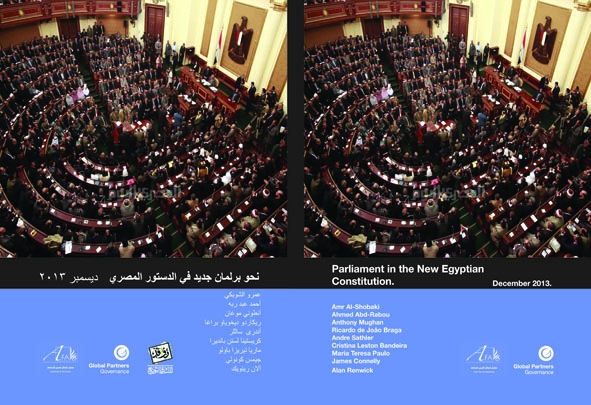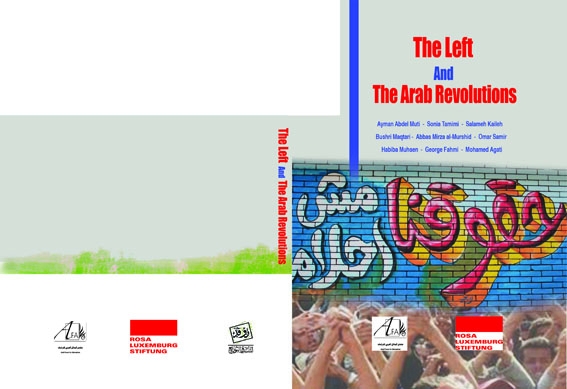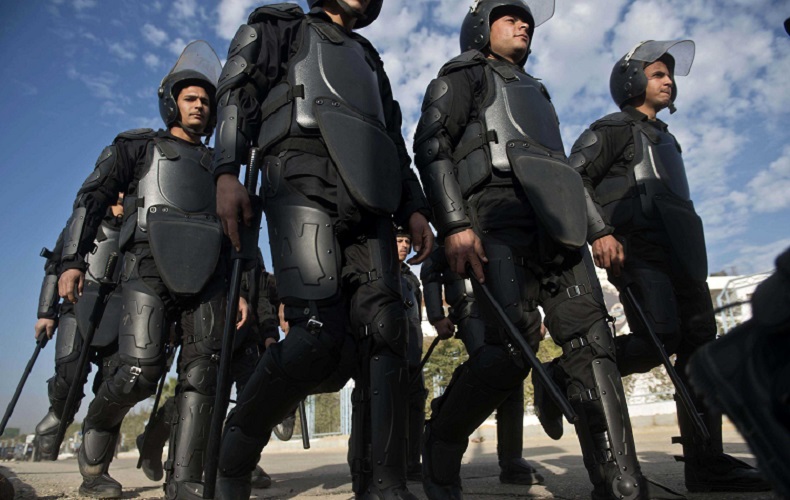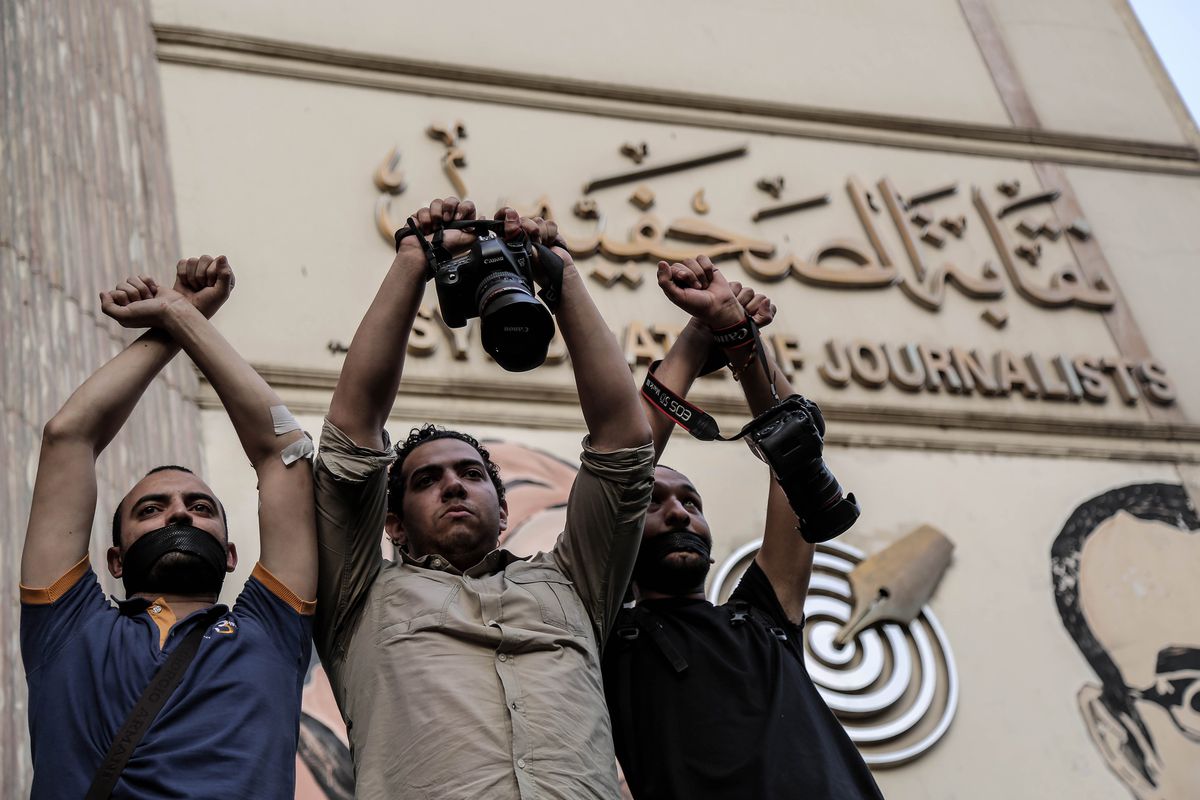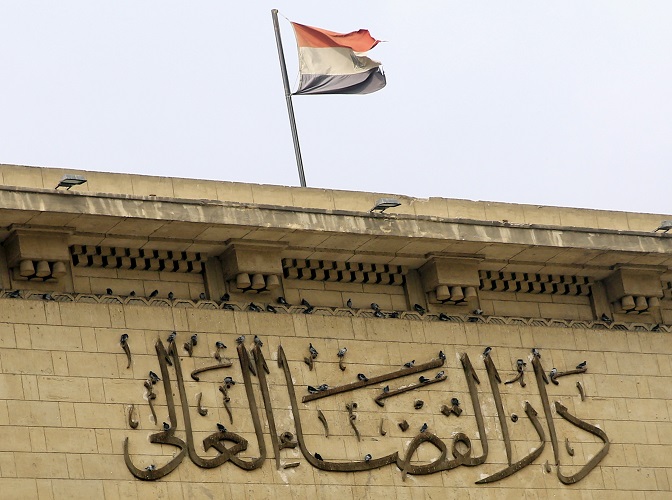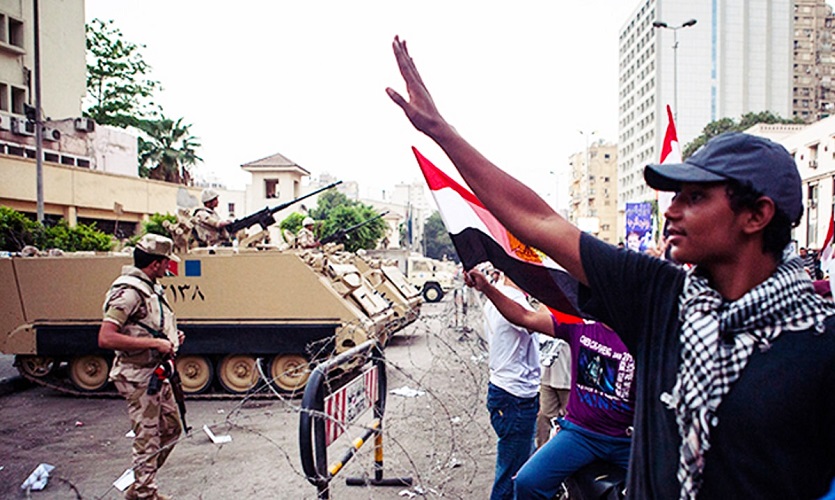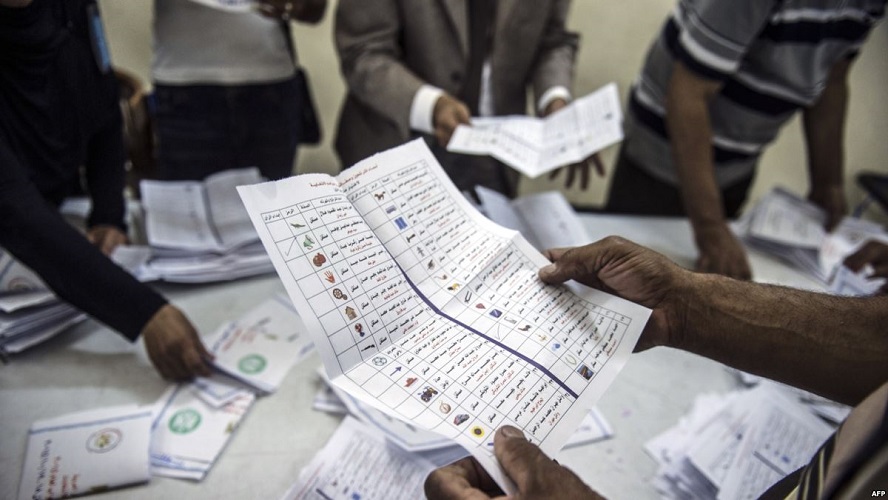parliament in the new Egyptian constitution
Ahmed Abd Rabou ,Alan Renwick ,Amr ElShobaki ,André SathlerGuimarães ,Anthony Mughan ,Cristina LestonBandeira ,James Connelly ,Maria Teresa Paulo ,Ricardo de João BragaWorkshops’ Papers presented to the Egyptian Constituent Assembly (C50) in Egypt 1. The Parliament in the 2013’s Draft Constitution (10th September 2013) 2. Bicameralism Vs. Unicamersalism in the 2013’s Draft Constitution: International Experiences and Egyptian Context (23rd September 2013) 3. Electoral Systems: Concepts and International Experiences (9th October 2013)

